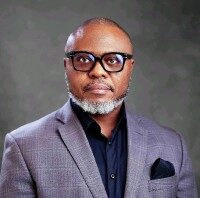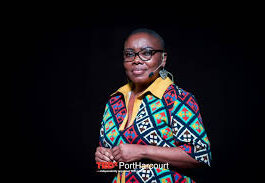Renewable Energy: Experts Call for Collaboration to Drive Adoption of New Technologies
CHIGOZIE AMADI
To find lasting solutions to the challenges of energy in Nigeria, experts, particularly from the academia, converged on Abuja to explore and collaborate to drive the adoption of new technologies.
Speaking yesterday on the theme, “Co- creating circular micro-grid solutions for Nigeria’s sustainable energy future,” which was organised by Circular Economy Powered Renewable Energy Centre (CEPREC), Professor of Economics of Innovation at Warwick Business School, Giuliana Battisti, emphasised the importance of collaboration in implementing new technologies, such as circular microgrids.
She stressed the need for the adoption of new technologies, such as circular microgrids, noting that it requires a comprehensive approach that considers an entire ecosystem, which is doable by understanding the industry landscape which stakeholders could leverage on to identify opportunities and challenges and develop effective solutions.
She said by working together and developing the necessary skills and infrastructure, Nigeria could drive innovation and growth in the technology sector, while noting that the collaboration between government, universities, and businesses would be critical in achieving this goal and ensure that the country stands to be well-positioned to benefit from emerging technologies found in renewable energies.
According to her, “Collaboration between stakeholders is essential to facilitate the adoption of new technologies, and by working together, government, universities, and businesses can identify and address obstacles to adoption, such as safety standards, regulations, and industry needs.
“There’s a need for skill development to sustain and support new technologies. Universities and governments should work together to prepare the next generation with the necessary skills to drive innovation and adoption. This includes developing programmes that address the specific needs of industries and technologies.”
Professor of Innovation for Sustainable Development at De Montfort University, Leicester, and Director, Secular Economic Power and Renewable Energy Sector, Miyiwa Oyinlola, said in proffering solutions to the myriad challenges in the Nigerian energy sector, academic work cannot stay in isolation, hence the need to exchange ideas with government, industries, and academia.
Noting that one of the challenges is the importation of quite a number of models for the energy sector, other challenges that can be hinged on finance, legislation and policy implementation, CEPREC is looking at ways there can be a decentralisation of the entire energy generation within the country.
“With this programme, we are bringing together people from government, industries and the academia to exchange ideas, learn from each other, and see how we can make meaningful and tangible impact on accelerating energy assessment and reliability in Nigeria,” he added.
Also, in his speech, Victor Odumuyiwa from the University of Lagos, said the potential of micro-grids and renewable energy to provide access to electricity, particularly in rural areas, was gaining attention as a solution to Nigeria’s energy gap.








